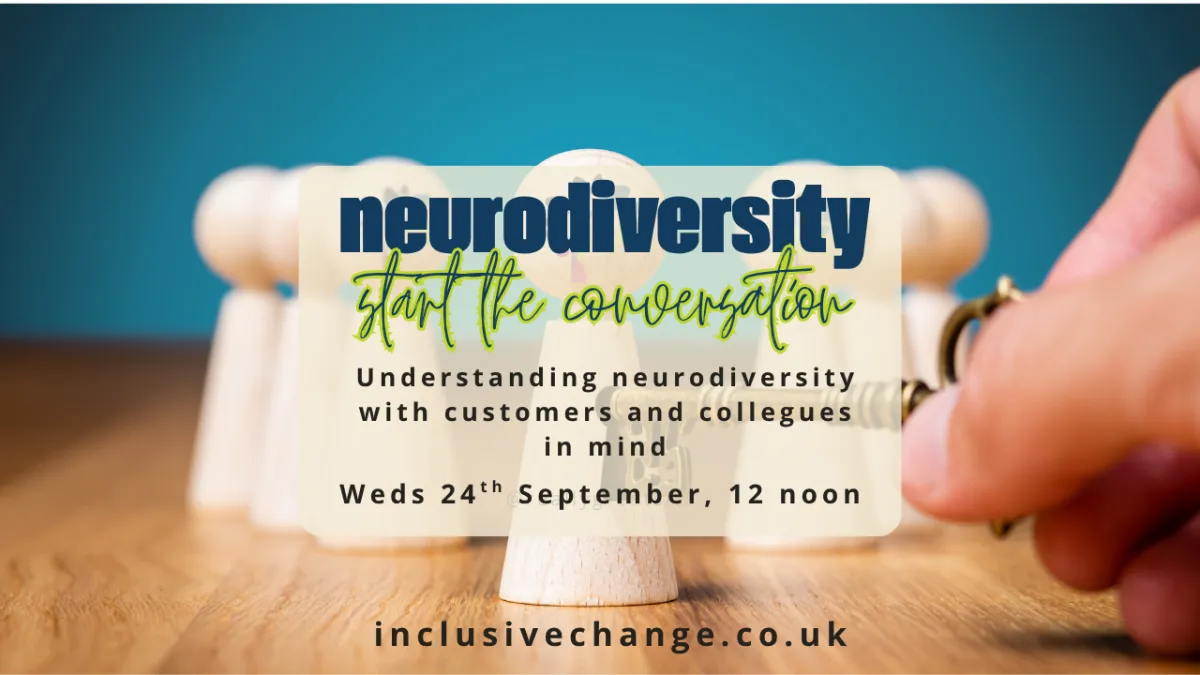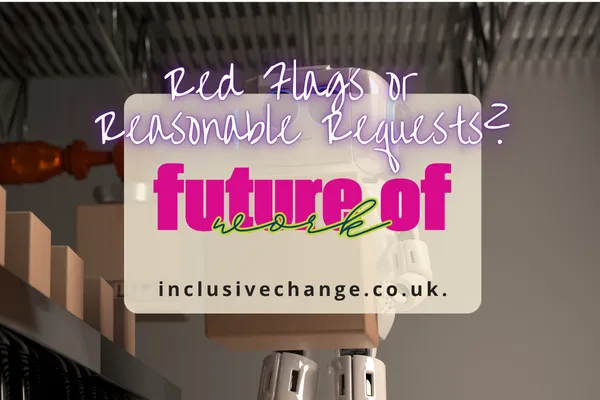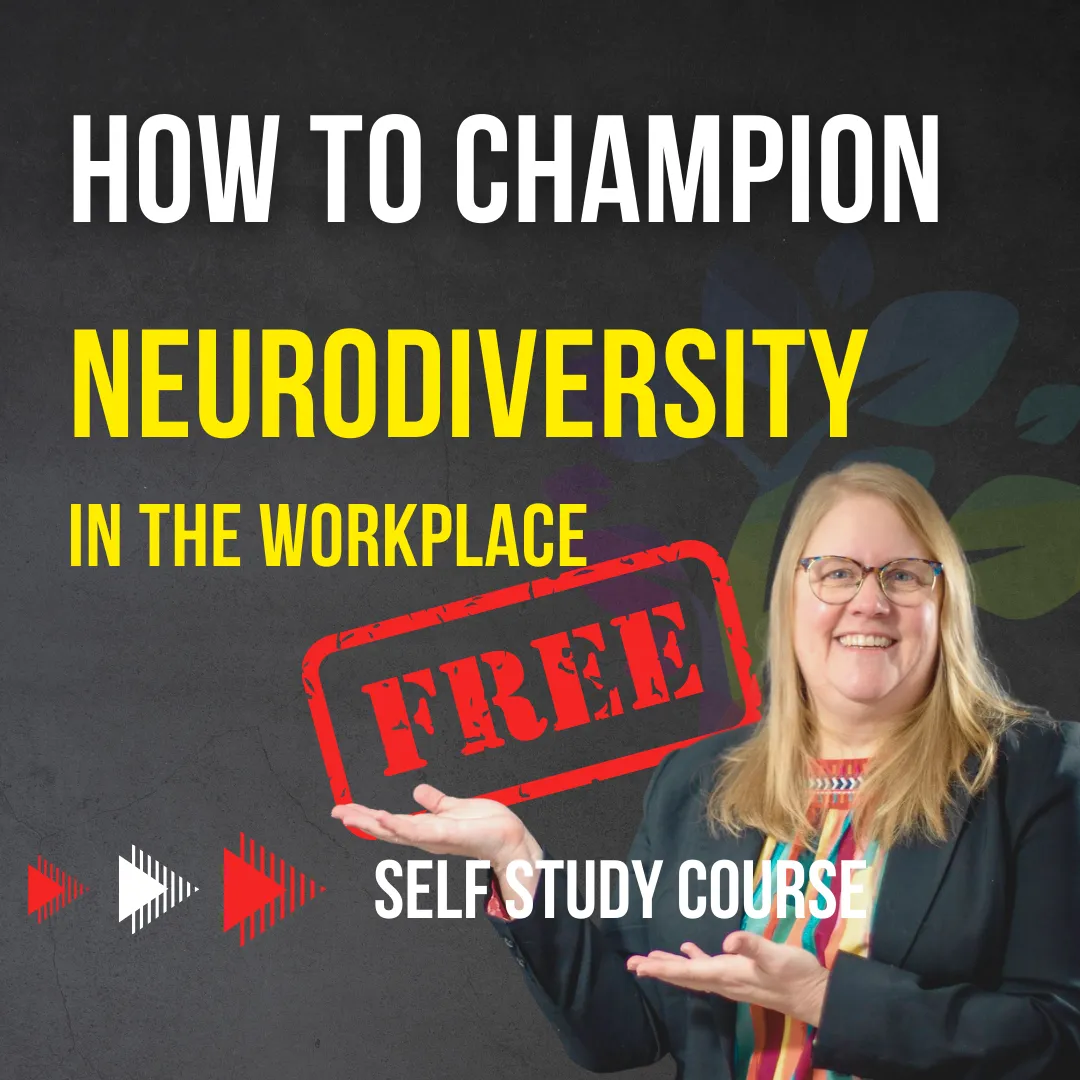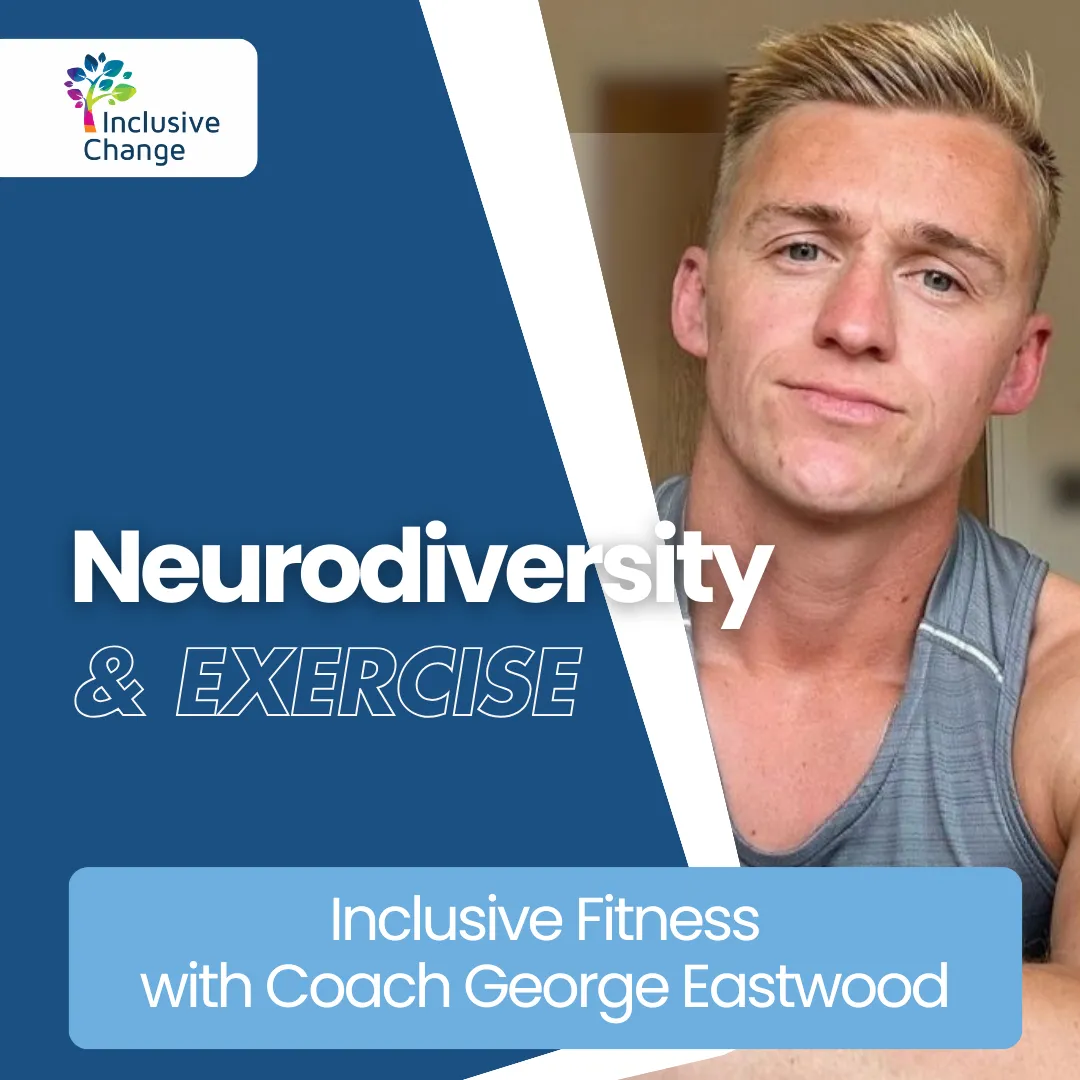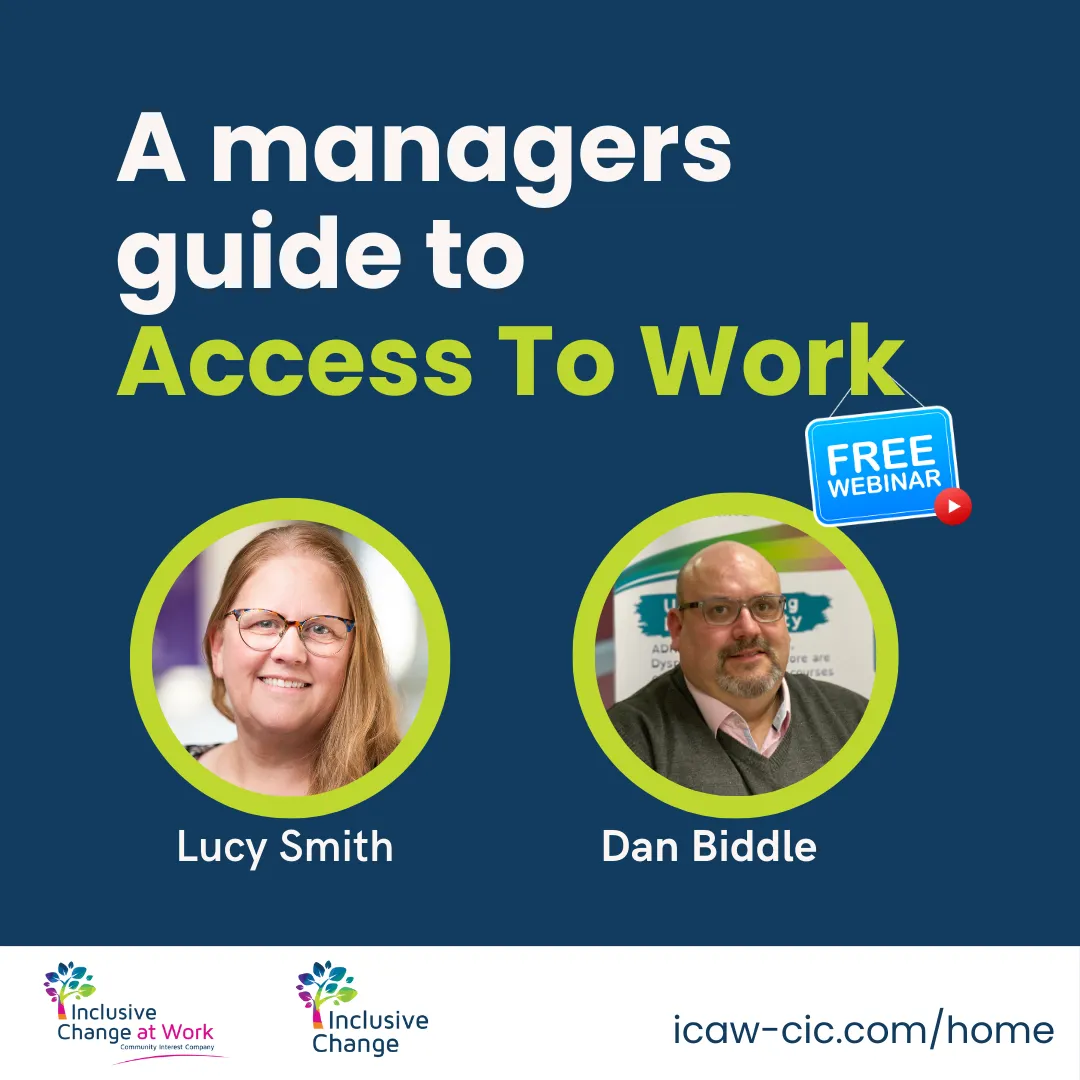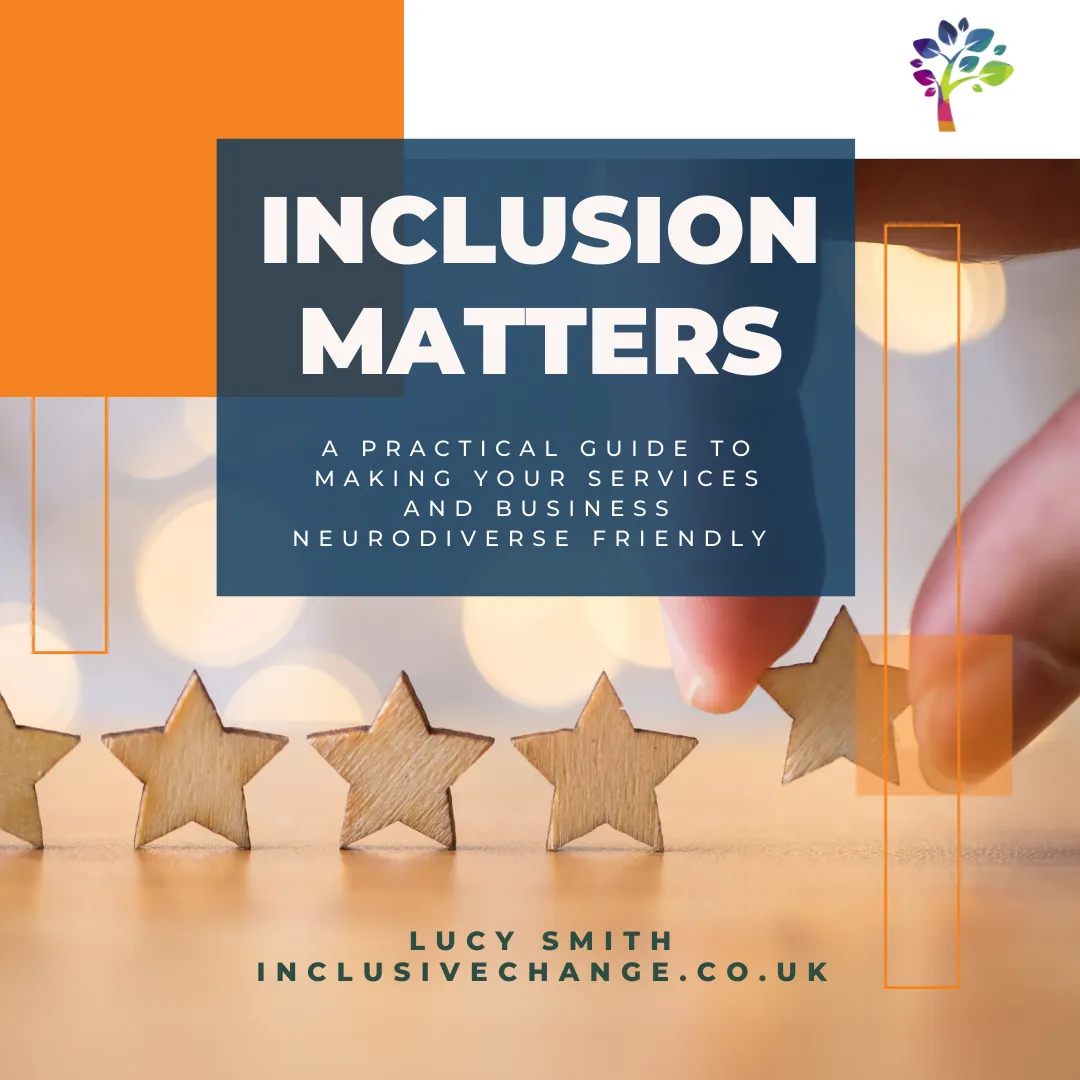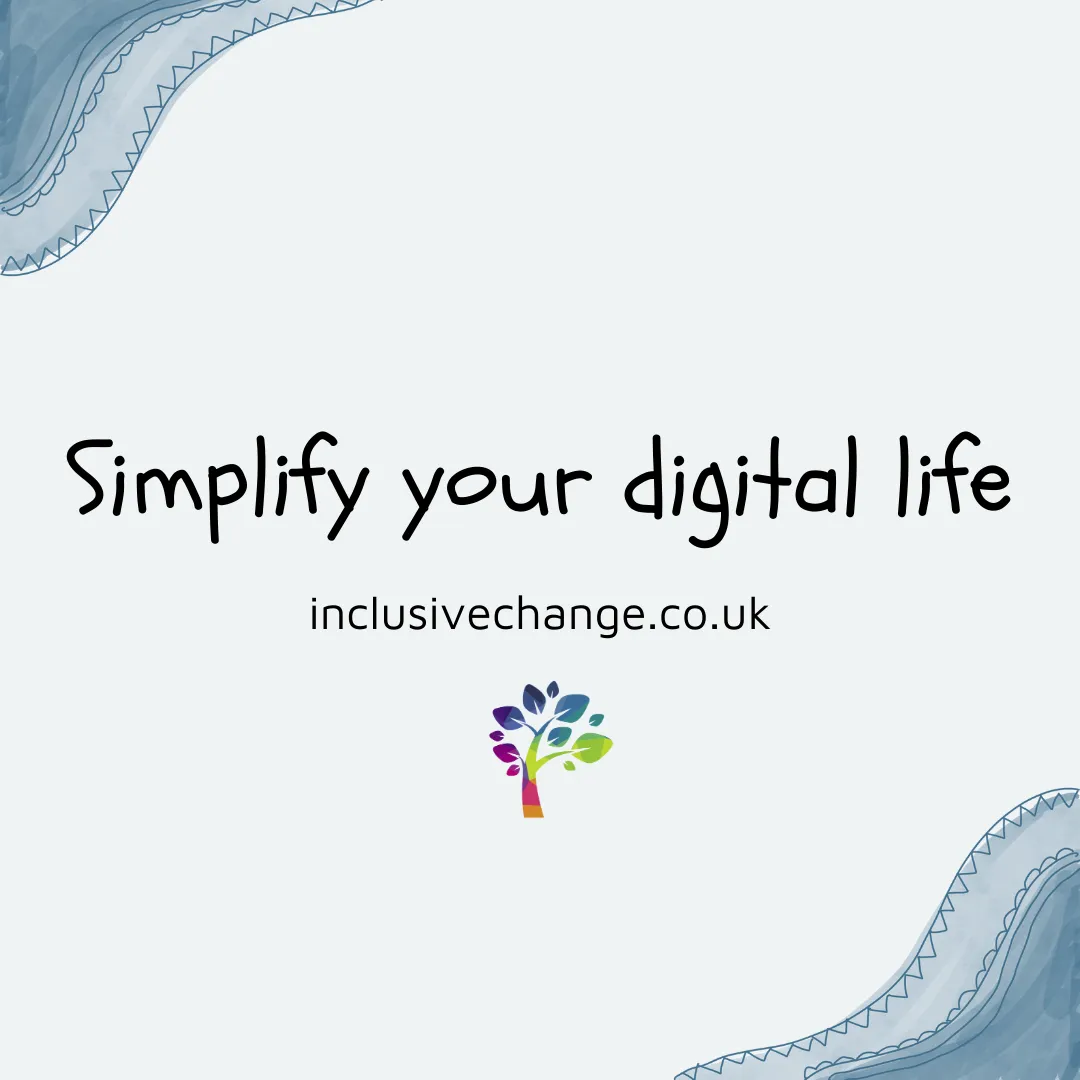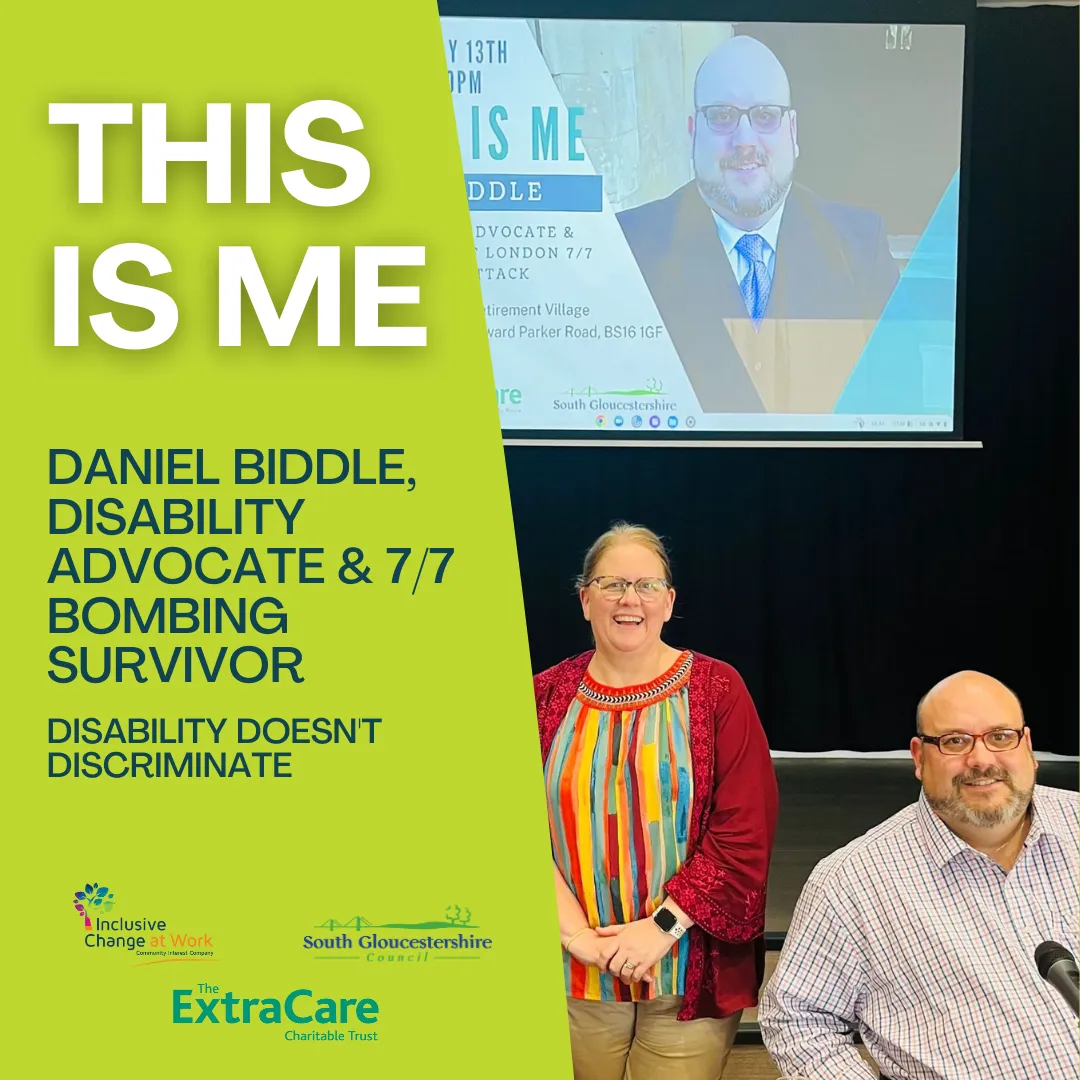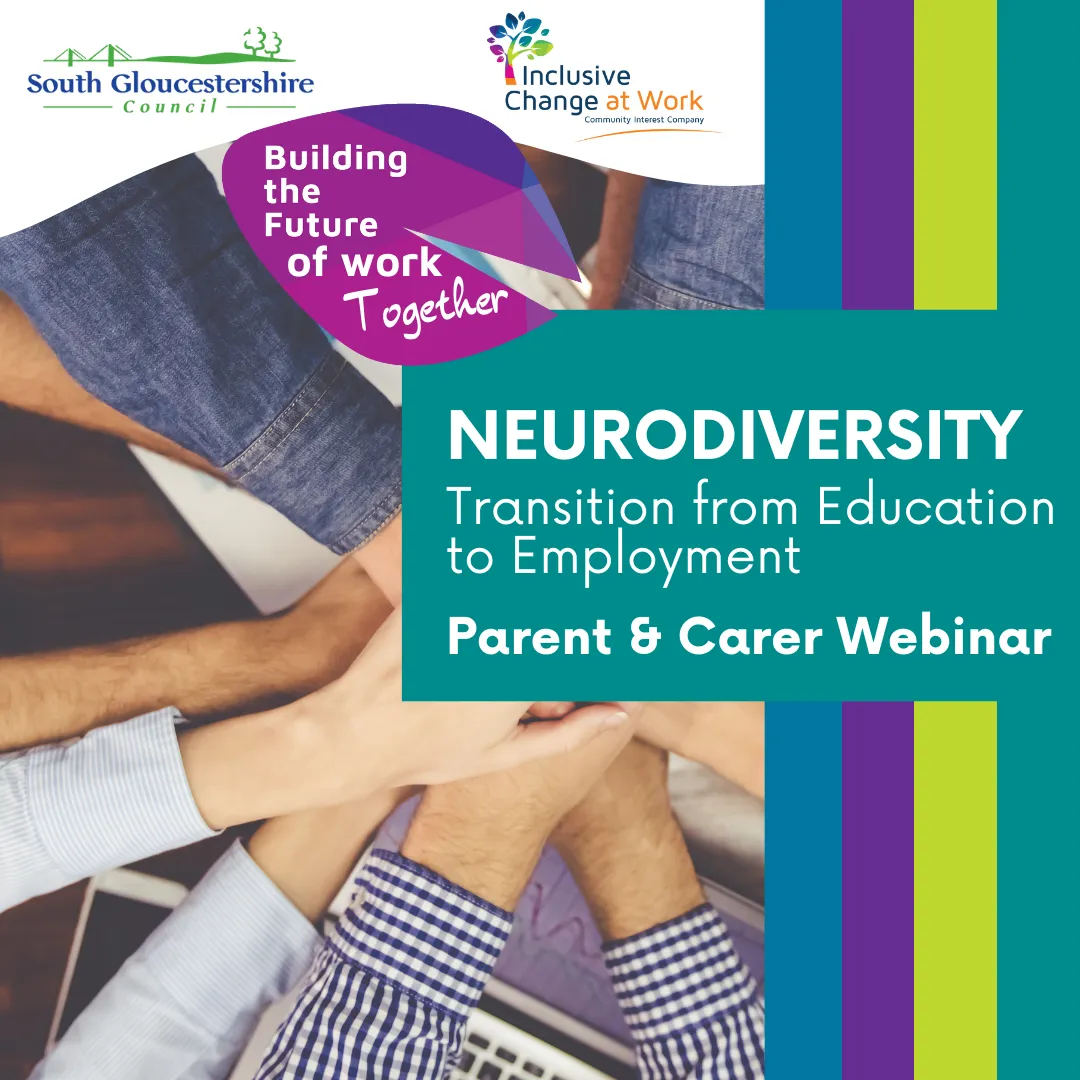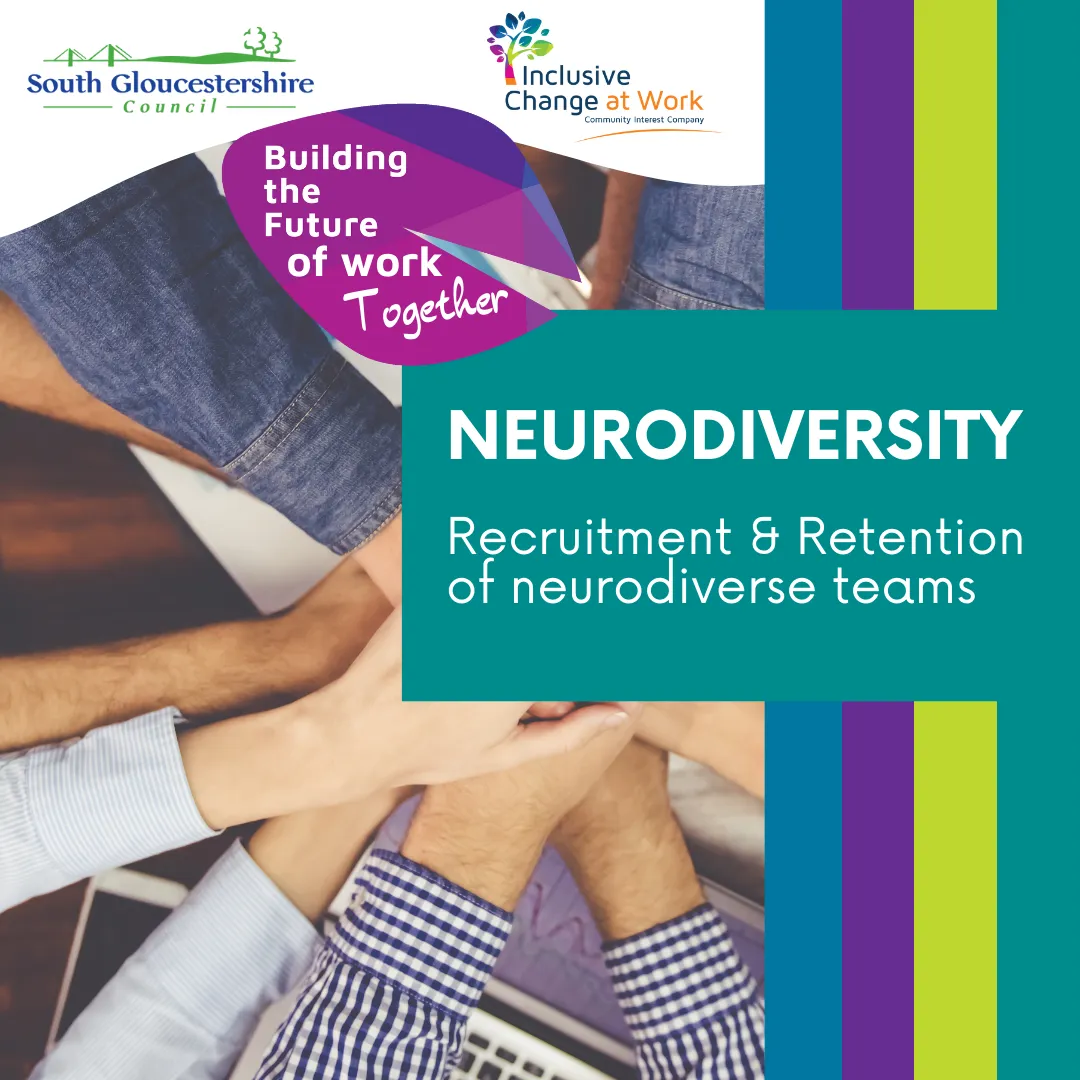Take a look at our
Upcoming Events
With Inclusive Change
We host events in our local community in partnership with Inclusive Change At Work CIC. Take a look at the list below to find out whats on.
Our online events are designed to inform and educate. We have a range of free and on demand events online.

Our team are experienced speakers and can be booked to educate and entertain at your next event - get in touch to find out how we can help.
Important Dates in our Calendar
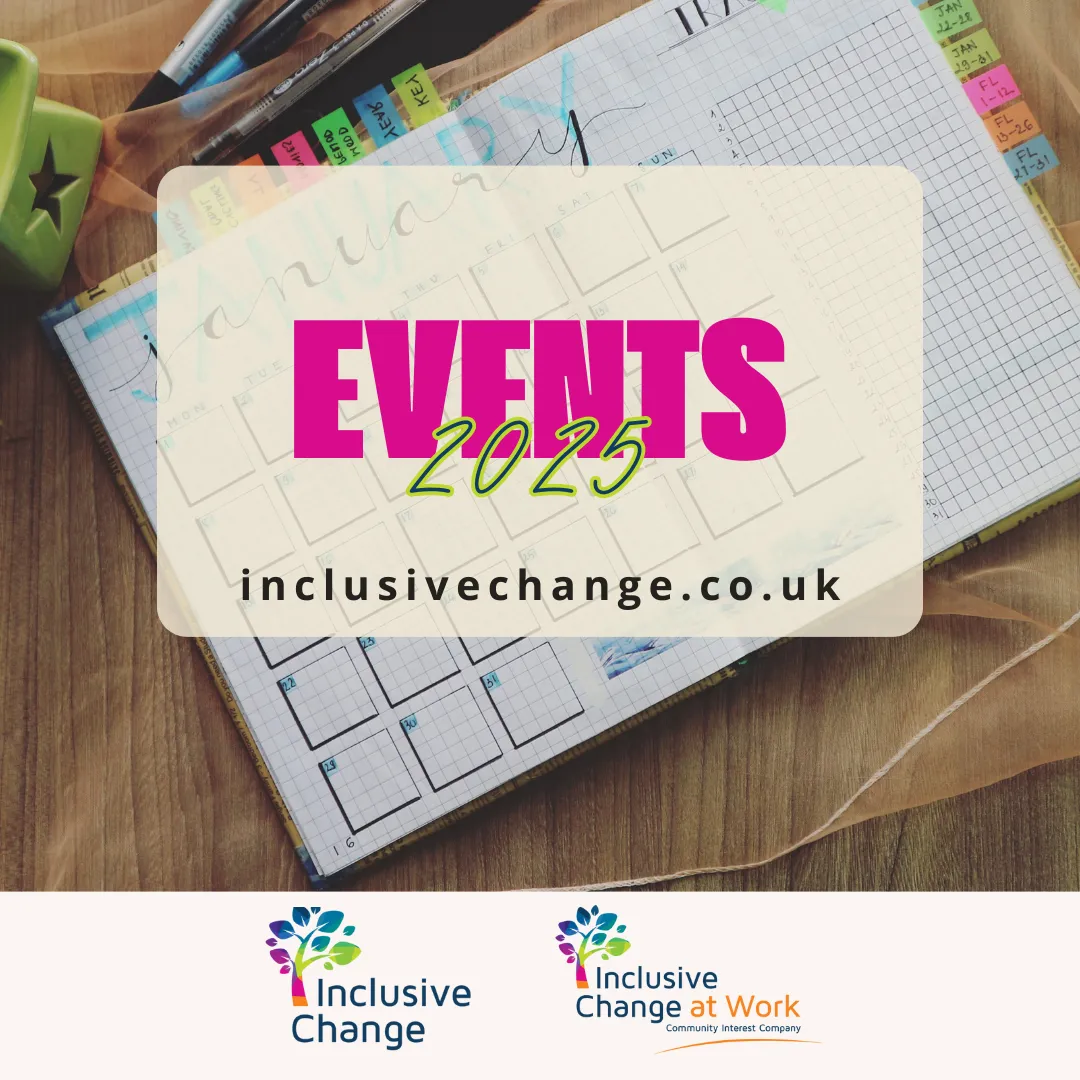
Sept 2025
10th - South Glos. EDI Conference, The Growth Hub, Oxstalls Campus
24th - Start the Conversation - FREE Webinar, Online
Oct 2025
23rd - F'Up Night Exeter, The Bootlegger, 6-9pm
29th - Free, In-Person Tekmatix Workshop, Bristol

FREE In-Person Tekmatix Workshop
How to Scale Your Business With Tech, Automation & AI
WHEN: 29th October 9am - 3pm
WHERE: St Michael's Centre, North Road, Stoke Gifford, Bristol, BS34 8PD
Join Tekmatix in Bristol for a free, hands-on workshop with Sarah Cordiner. Discover how to use AI, tech and automation to grow your business smarter - not harder, with practical tools and strategies you can apply straight away.
This workshop is suitable for everyone - from established to just-starting-out businesses. Not very 'tech savvy'? That's ok, you will be after attending!
We are big fans of Tekmatix as we use it for just about everything, and so are thrilled this event is happening right on our doorstep!
Reserve your FREE spot following the link below.
Re-Visit our Past Events
BSides Bristol - 5th & 6th September
Red Flags or Reasonable Requests? Inclusive Risk Management in Cyber Teams
Lucy Smith joined day one of BSides Bristol as she explored the future of work – spotting red flags, recognising reasonable requests, and reframing adjustments as smart strategies for building high-performing, future-ready cyber teams.
Click on the button below to access Lucy's top ten tips for inclusive recruitment.
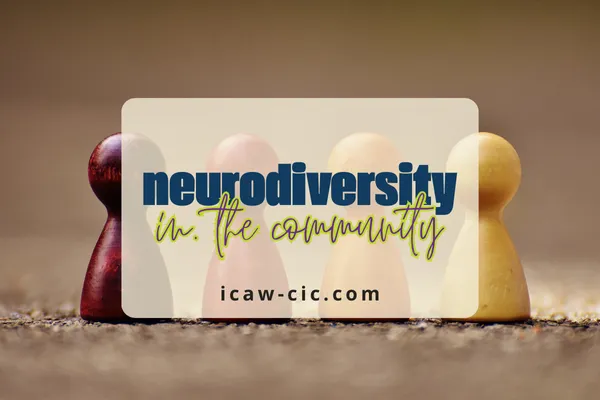
Inclusive Change at Work
In the community
From January to March 2025, our sister community interest company, Inclusive Change at Work CIC, hosted transformative workshops to promote understanding and inclusion for neurodivergent individuals and their families.
We gathered at Emersons Green Village Hall for expert-led sessions that offered practical strategies and a welcoming space for learning and growth.
Visit our recap page for more information about the sessions plus useful links and articles.

Building the Future
Of Work, Together
During 2024, and the start of 2025, we hosted live webinars and in-person workshops dedicated to supporting neurodiverse and disabled young people in the workplace.
Some sessions guided businesses on the value of workplace diversity and inclusion, highlighting how neurodivergent talent strengthens teams and fosters innovation.
The other sessions, designed for parents and carers of neurodivese young adults, provided insights into workplace opportunities and support for thier young people, inspiring hope for their future careers. Attendees had the opportunity to learn, connect, and contribute to more inclusive work environments.
Take a look at our recap pages, you can watch the recordings and you will find a host of information, articles and freebies too!
Our Event Blog - Where we've been, what we've learned
Sharing our experiences, insights, and standout moments from industry events
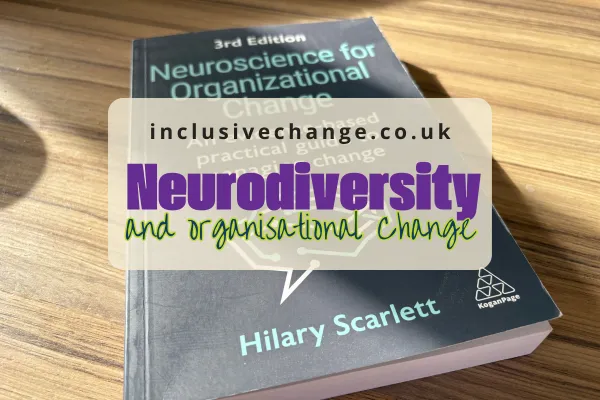
Why neuroinclusive change matters
Why Neuroinclusive Change Matters - Building the Case
Organisational change is rarely easy, but for neurodivergent individuals, it can be especially complex. While leaders and managers may focus on timelines, technology, and transformation goals, many overlook how the process of change itself can unintentionally exclude, overwhelm, or disadvantage some of the most talented people in the organisation.
This blog kicks off a four-part series exploring how to create change programmes that are neuroinclusive - practically, empathetically, and strategically. This is based on an interview published in a recently updated book from Hilary Scarlett: Neuroscience for Organizational Change. Details of how to purchase are at the end of this article.
In this first post, we’ll explore why inclusive change matters, how neurodivergent individuals experience change differently, and why bringing their voices into the process can transform not only the journey but the outcome.
Why “Business as Usual” Doesn’t Work
Neurodivergent employees, such as those with autism, ADHD, dyslexia, dyspraxia or sensory processing differences, are often highly skilled, perceptive, and resilient. Many have developed personalised ways of working that help them succeed, often in systems not designed for their needs.
But when change comes, new systems, new teams, new ways of working, these carefully constructed workarounds or coping strategies can be disrupted. That disruption can lead to confusion, stress, reduced performance, or even burnout, especially when managers and change leaders don’t understand what’s happening.
What’s crucial is this: many neurodivergent employees won’t disclose their diagnosis (if they have one at all), and they shouldn’t have to. That’s why change processes need to be inclusive by design—anticipating diverse needs, not waiting for individuals to flag them.
Reframing Disability Through Organisational Change
One of the most helpful shifts for leaders is to examine change through the lens of different disability models:
The medical model sees the individual as the problem—someone who needs fixing through therapy, medication, or accommodation.
The social model reframes this: it’s not the person who is the problem, but the environment that creates barriers.
Organisational change is the perfect time to ask: Are we designing a process that removes or reinforces barriers?
For example:
Are communications clear, or full of ambiguity?
Are new systems accessible to a range of processing styles?
Do your meeting rhythms and collaboration norms accommodate different cognitive needs?
If you don’t ask these questions, the answers will surface anyway—through performance concerns, employee distress, or resistance to change that’s mislabelled as attitude rather than access.
Why Lived Experience Drives Better Outcomes
Involving neurodivergent people in the planning and design of change programmes is not just inclusive - it’s smart. They often have a unique perspective on systems, risk, and complexity. They may raise concerns that others haven’t seen and propose solutions no one else would have thought of.
Put simply: they can help you make your change programme better.
As you build a vision for the future, invite neurodivergent voices into the room early. Explore how your culture, policies, and ways of working might need to evolve—not just the technical systems. And don’t assume silence means comfort. Creating safe ways for all employees to contribute feedback - anonymously or through coaching - can illuminate challenges and opportunities you might otherwise miss.
Recommended Reading:
Neuroscience for Organizational Change
If you’re looking for a strong evidence-based foundation for this work, I highly recommend Hilary Scarlett’s Neuroscience for Organizational Change. Her book explains how our brains respond to change and how leaders can design processes that are not only inclusive but also neurologically aligned with how people actually adapt.
Get your copy here: Neuroscience for Organizational Change – Kogan Page
Use code NEW20 for 20% off as a new customer on their website.
Take the Next Step
Neuroinclusive change isn’t just a concept—it’s a practice. At Inclusive Change, we help leaders and teams create workplaces where neurodivergent people can thrive, especially through periods of transformation.
Learn more about how we can support your organisation at inclusivechange.co.uk
Next up in the series: Clear Communication & Coaching: Essential Tools for Change.
Free Resources - Short Courses & Webinars
Want easy access to all of our free resources? Click on the link below to register and you will get access to all of our free stuff in one place.
We are always adding and updating the list and will notify you when we drop new content.
Inclusive Change Ltd
The Brightwell, Bradbury House
Wheatfield Drive
Bradley Stoke, Bristol
BS329DB
Copyright 2025 - Inclusive Change Ltd
Companies House: 12412464
VAT NO: 352 1564 17
ICO Reg: ZB081779
UK Register of Learning Providers: 10090652
Reg no: 12412464

